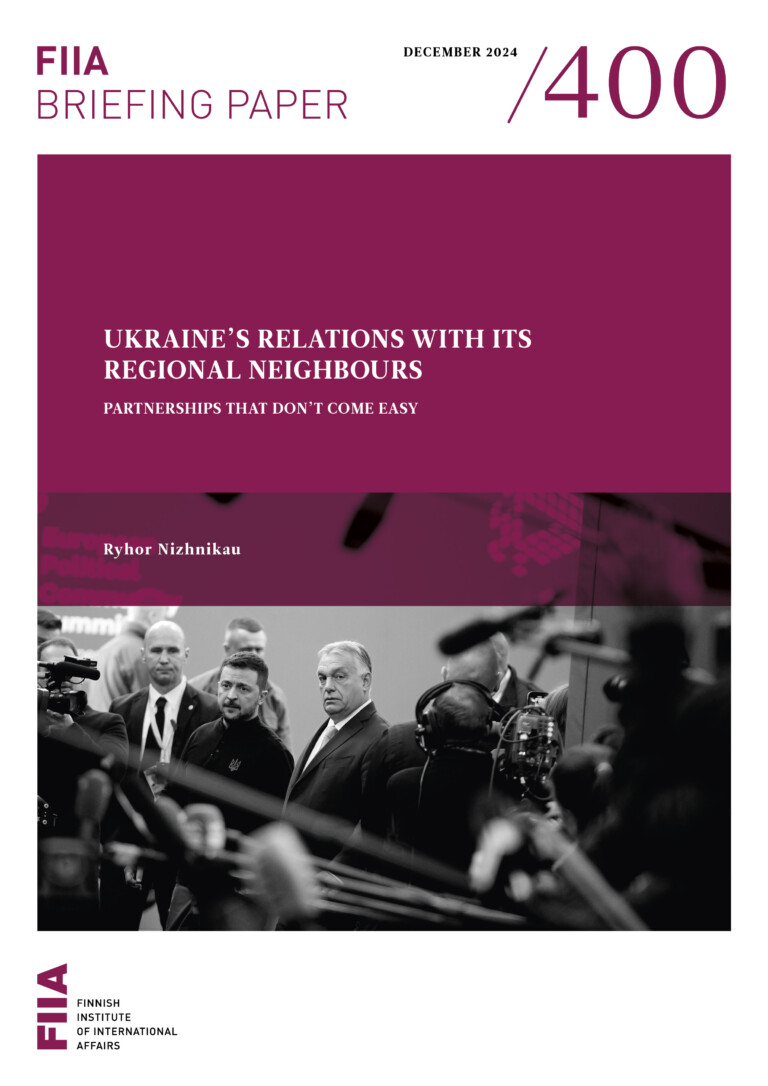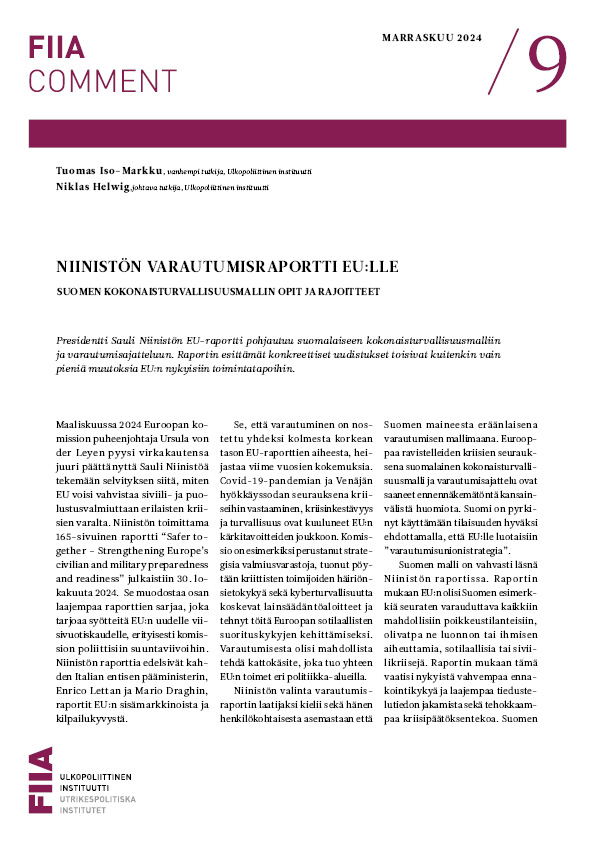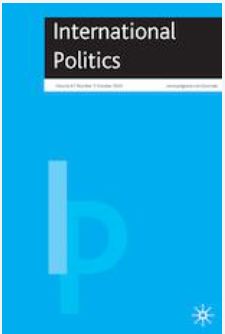This article analyses the role of nuclear energy in global politics today through the perspective of three International Relations theories: realism, liberalism and dependency theory. It contends that concepts developed to investigate oil and gas geopolitics do not always apply to the nuclear sector due to its greater complexity. The supply chain for nuclear power involves different, interrelated stages—notably the provision of natural uranium, of enriched uranium, and the construction and servicing of nuclear reactors—which have distinct leading suppliers and relationships of dependence. We illustrate this through a case study of Russia’s state nuclear company Rosatom. Rosatom leads in the provision of enriched uranium and reactor construction. This enables Russia to deepen economic and political relations with Rosatom’s clients. Even after its attack on Ukraine, Russia has not ‘weaponized’ Rosatom’s international business. Its strategy focuses on consolidating its reputation as a trustworthy partner, especially in the Global South and China.
Nuclear energy and international relations: the external strategy of Russia’s Rosatom
International politics: 1–21. Palgrave Macmillan.

Marco Siddi
Leading Researcher

Kristiina Silvan
Postdoctoral Fellow
You may also be interested

FIIA Working paper
Energy justice through policy: A comparison of US and EU approaches






